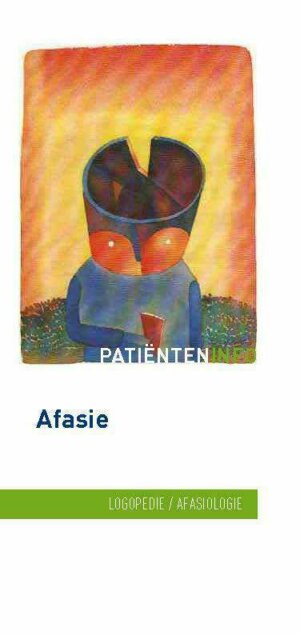Neurological speech disorders
Symptoms and causes
Symptoms and causesWhat is it?
Aphasia is an acquired language disorder caused by brain damage. We will briefly explain the main terms of this definition:
- Acquired: unlike congenital or developmental disorders, the person with aphasia had normal language expression prior to the onset of the disorder.
- Language disorder: the person has problems expressing, understanding, reading and writing words and sentences. His or her speech and thinking, in principle, are normal.
- As a result of brain injury: this is usually a stroke (cerebral infarction or cerebral haemorrhage) in the left hemisphere, where most people have the main brain areas involved in the language functions.
Diagnosis and treatment
Diagnosis and treatmentThe speech therapist is responsible for the examination, treatment and supervision of individuals who have aphasia (and their environment).
The severity of the aphasia largely determines the main objective of the treatment. In the case of a mild to moderate language disorder, the focus of treatment is often on improving the language and/or maximising comprehension.
In the case of a serious language disorder, the treatment focuses more on improving communication. The speech therapist always takes recent scientific guidelines into account when determining therapy objectives. In addition, the person and his or her immediate environment are involved in determining the content of the treatment. The speech therapy for aphasia is therefore always individually adapted.
Leaflet
LeafletMore information on the different types of aphasia, the tasks of the speech therapist and examples can be found in the leaflet.
Only available in Dutch:

Afasie
DownloadTreatment centres and specialisations
Treatment centres and specialisationsLatest publication date: 02/08/2024
Something wrong or unclear on this page? Report it.




